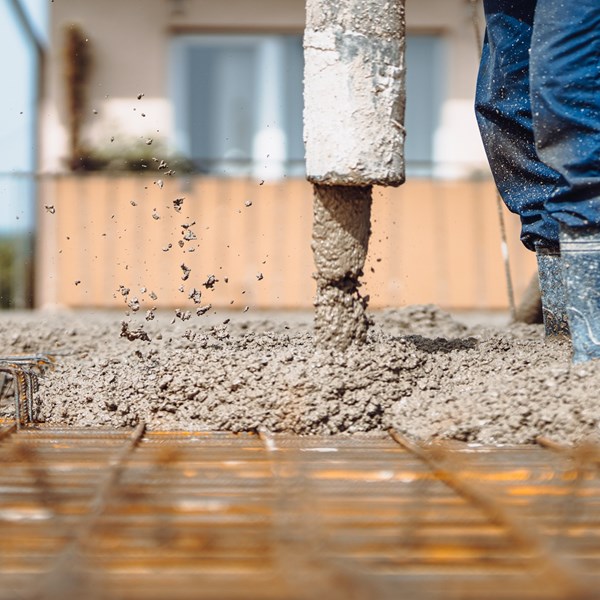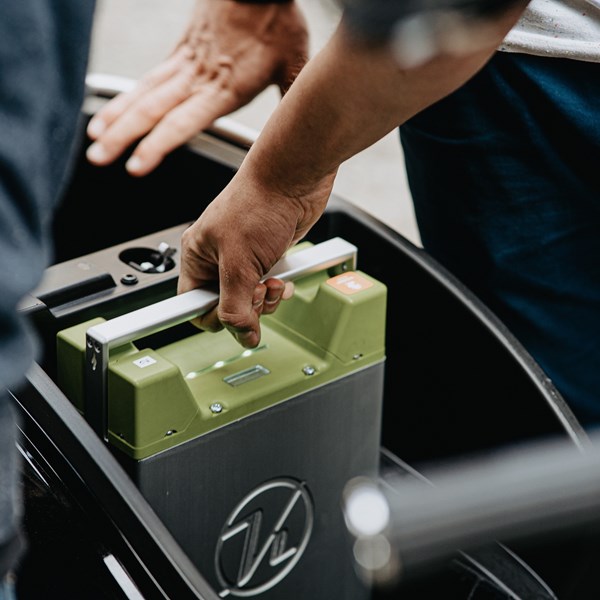An EPO Board of Appeal has requested clarification from the Enlarged Board of Appeal concerning whether, following the withdrawal of all appeals, proceedings may continue with a third party who intervened during appeal proceedings, and in particular whether the third party may acquire appellant status.
BACKGROUND
The deadline to file an opposition to a granted European patent is nine months from the date of mention of the grant. However, if the nine-month deadline has expired, Article 105 EPC allows a third party to intervene in opposition proceedings after the opposition period has expired if (a) proceedings for infringement of the patent have been instituted against the third party or (b) following a request of the proprietor of the patent to cease alleged infringement, the third party has instituted proceedings for a ruling that they are not infringing the patent.
THE FACTS AND ARGUMENTS
EP2941163 was opposed by Beurer GmbH (Beurer). A third party, Geske GmbH & Co. KG (Geske), attempted to intervene in the opposition proceedings; first after receiving warnings from the patentee accusing Geske of infringing the patent and then again after filing a suit before a German Court requesting an ascertainment of non-infringement of the patent.
The Opposition Division held that both interventions were inadmissible. A decision was issued in the oral proceedings only on the basis of Beurer’s opposition. The patent was upheld in amended form, and was appealed by Beurer.
Geske filed a third intervention and an appeal against the decision.
Prior to the appeal oral proceedings, Beurer withdrew their appeal. The Board of Appeal was minded to discuss during the oral proceedings whether Beurer’s withdrawal should necessarily terminate the appeal proceedings, or whether appeal proceedings could continue with Geske as intervener/appellant. Oral proceedings were held with the patentee as respondent and Geske present. However, the only questions discussed were whether Geske’s appeal and intervention were admissible, whether appeal proceedings should be continued and whether a referral to the Enlarged Board in this respect was necessary.
JUDGMENT
In decision T 1286/23 the following questions have been raised to the EPO’s Enlarged Board of Appeal:
“After withdrawal of all appeals, may the proceedings be continued with a third party who intervened during the appeal proceedings? In particular, may the third party acquire an appellant status corresponding to the status of a person entitled to appeal within the meaning of Article 107, first sentence, EPC?”
If appeal proceedings are allowed to continue with Geske as the intervener/appellant, this decision would conflict with G 03/04.
In G 03/04, it was determined that after withdrawal of the sole appeal, the proceedings may not be continued with a third party who intervened during the appeal proceedings. A valid intervener only acquires the status of an opponent, which is construed as "status of an opponent who had been party to the proceedings leading to the appealed decision (but is not itself an appellant within the meaning of Article 107)”.
The Board feels that there is a conflict between Article 105 EPC and Article 107 EPC and is seeking guidance as to how this apparent contradiction between Articles 105 and 107 EPC is to be resolved.
IMPLICATIONS
As the Board noted in its referral, the legal position of a party to appeal proceedings is of fundamental importance. However, in the current framework, an intervener’s position is dependent on the other opponents already involved in the proceedings, and an intervener can only become an appellant opponent if there is already another appellant opponent in the proceedings.
It will be interesting to see, if the referral is admitted, how the Enlarged Board will consider the Board’s suggestions put forward in how legislation and the perceived procedural issues surrounding interventions and appeals could be solved and, in particular, how Articles 105 and 107 EPC should be interpreted.
If the decision of G 03/04 were to be revised so that an intervener could continue the proceedings in their own right, any appeal proceedings would have to continue with the examination of the substantive issues raised by the intervener. Such an outcome would undoubtedly be welcomed by interveners to provide greater legal certainty for the intervener’s position in proceedings, particularly since interveners are arguably most affected by the continuing existence of the patent in suit as a result of the legal interest that allowed them to intervene in the first place, namely being sued for infringement or threatened through request to cease infringement.






